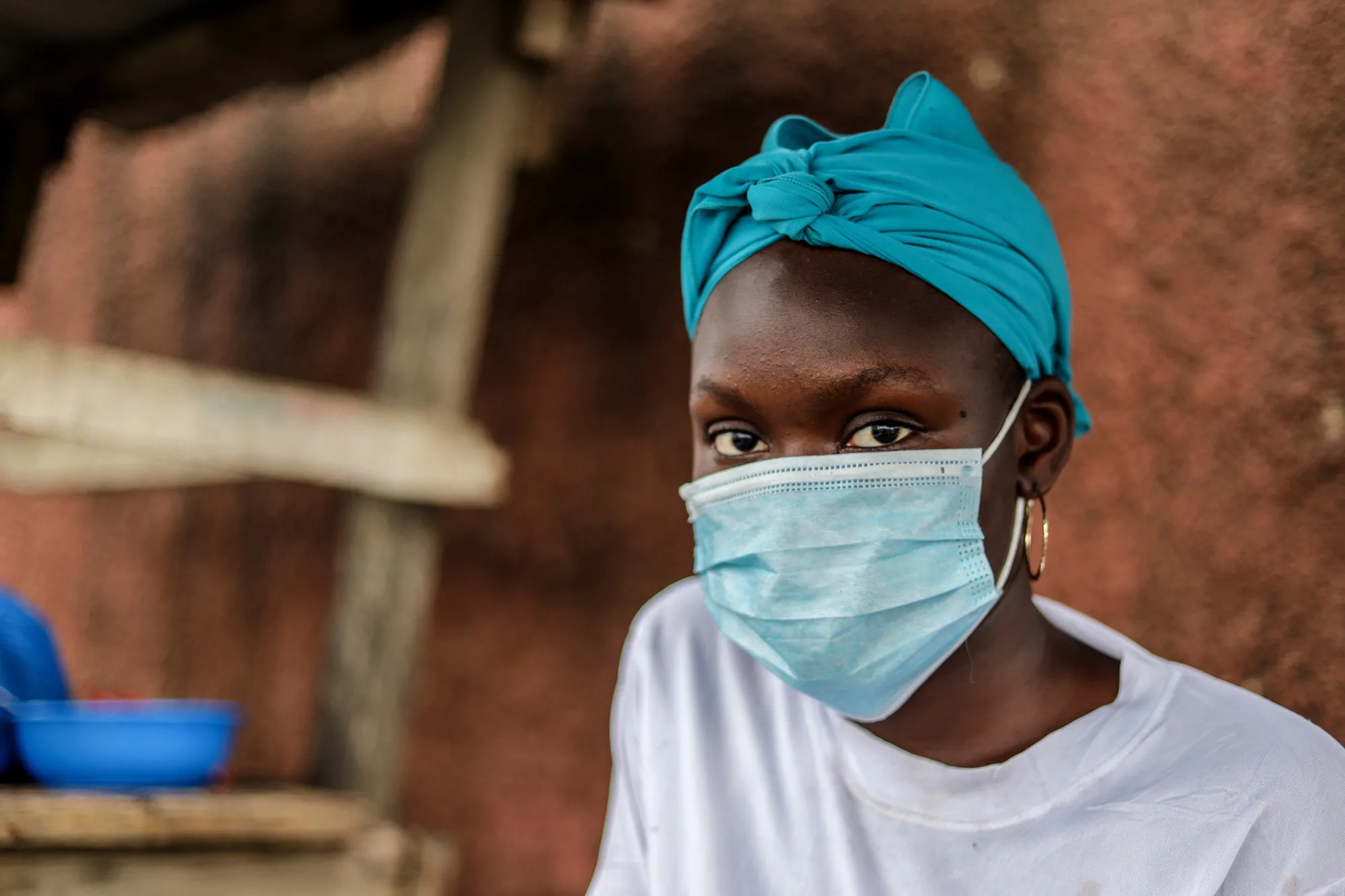3. Strengthening U.S. Global Leadership and Multilateralism in the COVID-19 Response
The Biden proposal notes, “Multilateral leadership and effective communication are vital to coordinate an effective response to mitigate the consequences of diseases — both COVID-19 and future threats to come —and ultimately save lives.” The Biden Administration recognizes the U.S. cannot combat the COVID-19 pandemic alone nor can it leave the rest of the world to fight the virus on its own.
As a result, the administration mandated the creation of a diplomatic outreach plan for enhancing the U.S. global COVID-19 response, with a focus on engaging partner nations, the United Nations, and other multilateral stakeholders, such as the Group of 7 (G-7), Group of 20 (G-20), African Union, and Association of Southeast Asian Nations (ASEAN). The administration will also join COVID-19 Vaccines Global Access (COVAX) and support multilateral cooperation on research and development, vaccination, diagnostics, and therapeutics and rejoin the World Health Organization.
4. Increasing Funding for the Global COVID-19 Response
Robust funding for the international COVID-19 response is essential. In addition to seeking funding from Congress, the administration will pursue funding for existing multilateral initiatives involved in the COVID-19 response, such as Coalition for Epidemic Preparedness (CEPI); Gavi, the Vaccine Alliance; and the Global Fund. The administration also directed a review to ensure sufficient funding is allocated for the COVID-19 response, global health security, pandemic preparedness, and biodefense needs.
CARE has continually supported robust funding for the global response as well as investments in gender equality. Funding for existing humanitarian emergencies remains vitally important, and Congress should also ensure future relief proposals include funding to prevent, mitigate, and respond to GBV globally.
5. Ensuring Sanctions Do Not Inhibit Humanitarian Relief Efforts
The Biden administration directed a prompt review of existing U.S. and multilateral financial and economic sanctions “to evaluate whether they are unduly hindering responses to the COVID-19 pandemic” and provide recommendations for any changes.
CARE believes humanitarian access must be safeguarded, and barriers reduced, to ensure a principled humanitarian response. The United States should also provide a humanitarian exemption for funding to the United Nations Population Fund (UNFPA), as its expertise in managing GBV prevention, mitigation, and response play an essential role in ensuring critical services and supplies reach the communities that need it most.
As COVID-19 cases continue to surge worldwide, CARE is fighting alongside the most vulnerable and marginalized people, particularly women and girls, to prevent and respond to the pandemic. Now, as vaccines are rolled out, CARE is focused on equitable and sustainable COVID-19 relief, including affordable access to vaccines for all, especially in the hardest-to-reach places. Use your voice now: Tell the U.S. Government to ensure we pay our fair share for fast and fair vaccine distribution to combat COVID-19 globally.

